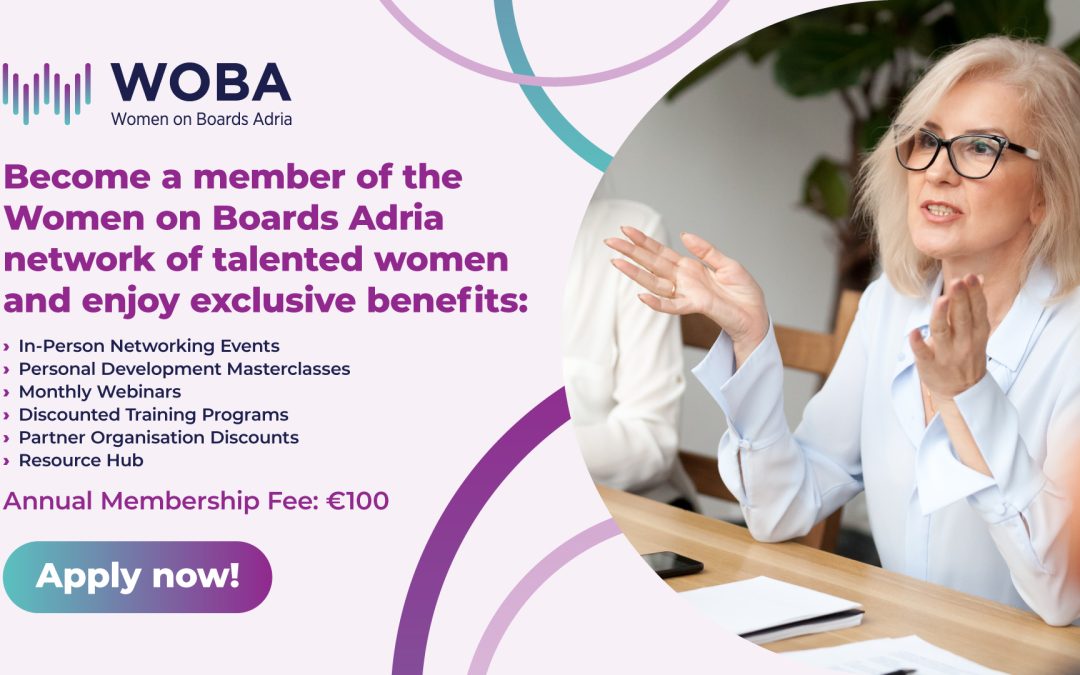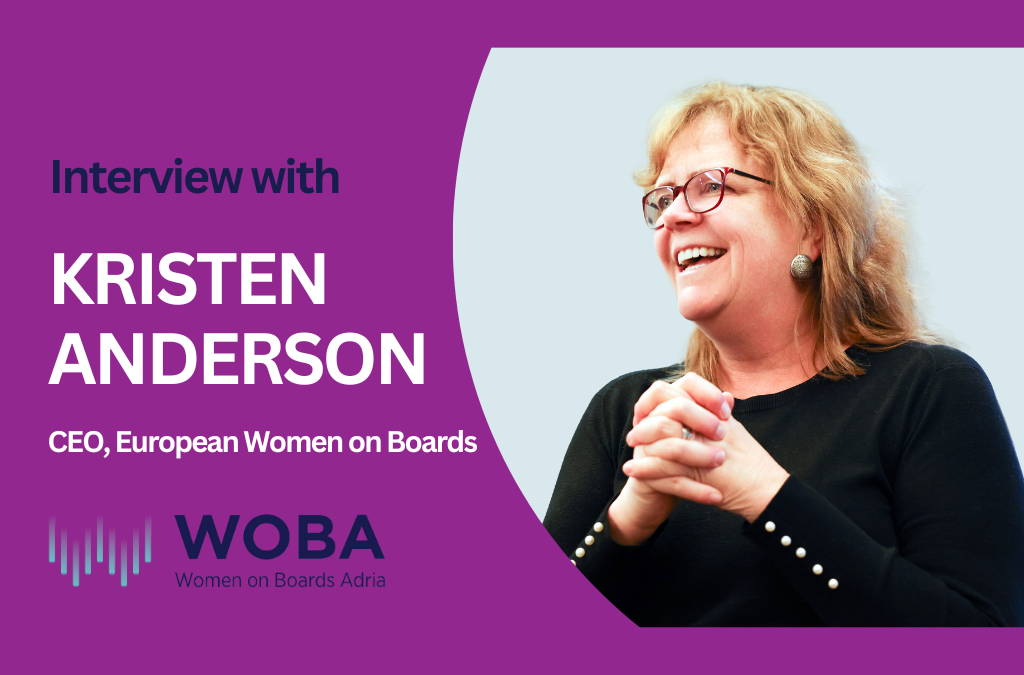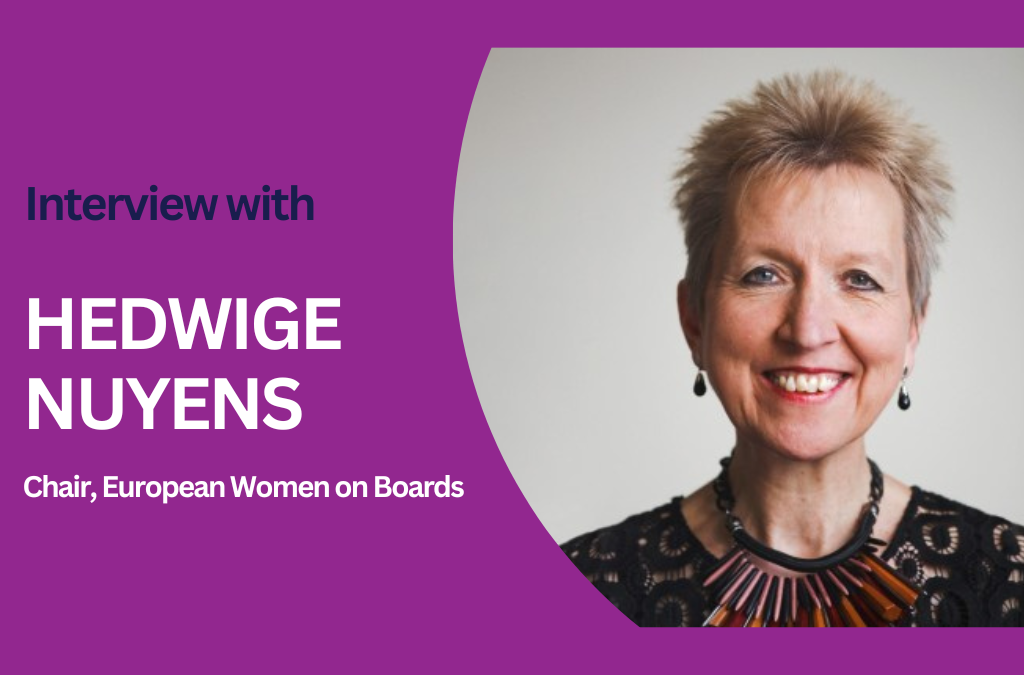The underrepresentation of women on corporate boards has been a persistent issue across the globe. Despite progress in some areas, women continue to face significant barriers to leadership positions, particularly in male-dominated industries.
The European Union (EU) has made strides in gender equality through legislation, gender mainstreaming, and specific measures, in order to address issues of women being over-represented in lower-paid sectors and under-represented in leadership roles.
Current Situation in Numbers
In 2021, women made up only 30.6% of the board members of the largest listed companies in the EU, with significant differences between member states, ranging from 45.3% in France to 8.5% in Cyprus. Even with the increase in the representation of women on boards of directors, in 2022 less than 10% of the largest listed companies in the member states had a chairwoman of the board of directors or a female executive director.
EU Gender Equality Strategy 2020-2025 and “Women on Boards” Directive
The EU Gender Equality Strategy 2020-2025 was designed to address these issues by focusing on objectives such as ending gender-based violence, challenging stereotypes, closing gender gaps in the labor market, achieving equal participation, addressing pay and pension gaps, and promoting gender balance in decision-making. The strategy employs a dual approach of gender mainstreaming and targeted actions, with a commitment to intersectionality. One of the concrete steps that the EU has taken, is adopting and implementing the Directive (EU) 2022/2381 of the European Parliament and of the Council of 23 November 2022 on improving the gender balance among directors of listed companies and related measures (Directive).
The Directive aims to promote a more equitable representation of genders among directors of listed companies within the EU. This Directive aligns with Article 23 of the Charter of Fundamental Rights of the EU, which emphasizes the need for gender equality in all aspects, including employment, work, and pay.
The scope of the Directive encompasses large companies with a registered office in an EU Member State, whose shares are traded on regulated markets in one or more Member States. Excluded from its application are micro, small, and medium-sized enterprises, defined as companies with fewer than 250 employees and an annual turnover or balance sheet total not exceeding €50 million or €43 million, respectively. Additionally, enterprises falling under these criteria but with registered offices in non-euro Member States are exempt, which might be a questionable choice.
The Directive establishes specific objectives to be achieved by June 30, 2026. Member States are tasked with ensuring that listed companies meet either of the following goals: women holding at least 40% of non-executive board positions or women holding at least 33% of all director positions, both executive and non-executive. The Directive’s annex provides target numbers based on the board’s size for directors of the under-represented sex necessary to achieve these objectives.
To realize these objectives, the Directive outlines measures for companies failing to meet the targets. Companies must adapt their board selection processes, employing transparent, gender-neutral, and merit-based criteria throughout. When candidates of different sexes are equally qualified, preference should be given to the under-represented sex. Companies must disclose qualification criteria upon request, along with the objective comparative assessment of candidates. Individual commitments to achieving gender balance among executive directors are also required. Non-compliant companies must report reasons for non-compliance and the measures taken or planned to address it. Penalties for non-compliance must be effective, proportionate, and dissuasive.
Annual reporting is a crucial component of the Directive. Large, listed companies must provide information on gender representation in their boards annually, differentiating between executive and non-executive directors. Companies failing to meet objectives must report reasons for non-compliance and describe the measures taken or intended to achieve them. Member States are required to annually publish a list of companies that have achieved the Directive’s objectives.
A suspension clause allows Member States that have nearly achieved the objectives or implemented equally effective legislation before December 27, 2022, to suspend certain requirements related to appointment or selection processes.
The Directive must be transposed into national law by December 28, 2024, and the rules come into effect from that date, marking a significant step towards fostering gender balance in corporate decision-making positions within the EU. Currently France, Italy, the Netherlands, and Denmark are the countries where the largest listed companies have at least 40 % of each gender on their boards. Germany, Finland, Spain, Sweden, Ireland, Portugal, and Austria have reached the 33 % target for all board members. In the other Member States women are even more outnumbered than men making up less than a fifth of board members and only 10 % in some Member States. Until now, eight Member States set gender quotas for the boards of listed companies.
Related Issues – Work-life Balance
Additional issue that the EU is addressing is the work-life balance of men and women. Having children tends to have a positive impact on men’s employment while it has the opposite effect for women. Thus, in 2021, the employment rates of workers with at least one child below the age of six, are strikingly different for women and men: on an EU average, it is 90.2 % for men against 67.2 % for women.
One of the noticeable characteristics of Balkan (or Adria) region is the fact that women spend, on average, much more time doing the unpaid work at home, such as cleaning or raising children, than men do, and because of this, many women do not choose to be employed in the private sector or take on executive positions, as in lower positions or positions in the public sector there is more flexibility and free time. However, this creates a big gap in the earnings and status of men and women and fuels further disparity. In future, the lawmakers should take this fact into account when addressing the issues of gender inequalities.
How Does This Directive Affect Adria Region?
The Directive on the gender balance among directors, while specific to EU member states, holds relevance for the Adria region as well.
In Serbia, according to Business Registry Agency data from 2022, only one quarter of all company owners were women, and the same percentage of women was found among directors. Every fourth member of the management board was a woman.
Aspiring EU members in the Adria region may find the Directive influencing their legal frameworks and economic integration efforts. The Directive’s focus on promoting gender equality in decision-making positions aligns with broader initiatives in the Adria region. Implementing transparent board appointment criteria and focusing on promoting gender equality could enhance corporate governance, inspiring regional discussions on gender equality. Adhering to, or surpassing EU objectives can boost the international reputation of Adria region companies, harmonizing them with EU standards. Additionally, regional collaboration in addressing gender imbalances may foster unity and the exchange of best practices, contributing to a harmonized approach to gender equality in corporate leadership.









